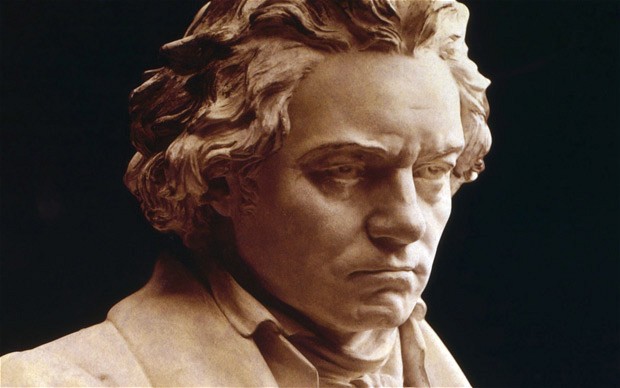Mahler the Titan: Symphony No. 1
Gustav Mahler described the opening of the First Symphony as “Nature’s awakening from the long sleep of winter.” A seven octave deep “A” emerges out of silence, slipping into our consciousness on the level of pure sound. The high harmonics in the violins seem as natural and fundamental as the white noise of insects in a forest. The motive, which forms the bedrock of the symphony, slowly, searchingly takes shape in the woodwinds. As the …


